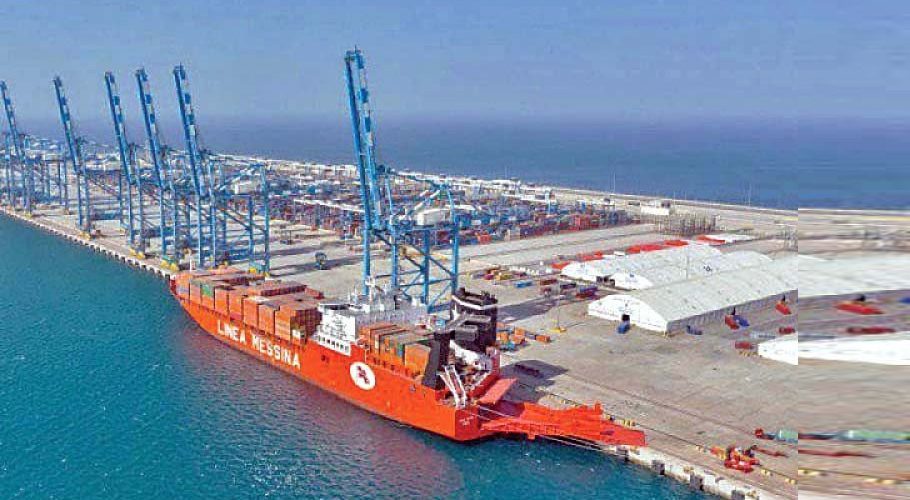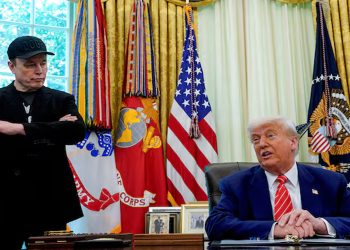The United States and China are once again facing off, but this time the battle is over rare earth elements instead of weapons, as reported by international media.
China has recently imposed restrictions on the export of seven rare minerals and magnets. These are critical elements used in modern defense, energy, and vehicle technologies. They include samarium, gadolinium, terbium, dysprosium, lutetium, scandium, and yttrium.
These minerals may sound complex, but without them, fighter jets, submarines, missiles, radar systems, and drones cannot be fully functional. The Center for Strategic and International Studies (CSIS), based in Washington, has warned that if China halts the export of these minerals, the U.S. currently has no immediate alternative to fill the gap.
At present, there is no processing of these “heavy rare earth elements” happening in the U.S. Although some factories are under construction and the Department of Defense aims to establish a complete supply chain by 2027, experts say that by then, China will have moved several steps ahead.
China now requires special licenses for the export of these minerals, and the process could take significant time. In the meantime, U.S. companies—especially those in the defense industry—could face severe shortages.
Additionally, China has included 16 American companies on its “export control list,” most of which are related to defense and aerospace. It means these companies can no longer purchase minerals from China that are considered dual-use items.
The report stated that this situation will not only impact U.S. military readiness but will also slow down the pace of its defense technology compared to China. According to the report, China is currently advancing in modern weapons and technology at a pace five to six times faster than the U.S. And if these minerals become even more restricted, the gap will widen further.
Other countries, such as Australia and Brazil, are currently working to improve their rare mineral supply chains, and CSIS says the U.S. should provide them with robust financial and diplomatic support.
On the other hand, China’s strategy might compel countries around the world to maintain cooperation with China to protect their own interests and ensure their supply chains are not disrupted.


































